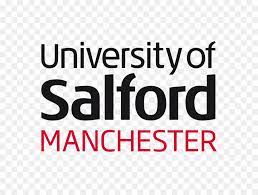
MEng (Hons) in Aeronautical Engineering
University of Salford, Manchester


University of Salford, Manchester

MEng (Hons) in Aeronautical Engineering
University of Salford, Manchester
Strong Industry Ties
Degree
Undergraduate
Duration
48
Course Type
With Co-op
Co-op education gives you real-world experience in a job related to your studies.
INR
18.63L
USD 21920
1st Year Tuition Fees
Opening Soon
Opening Soon
GBP 28.5